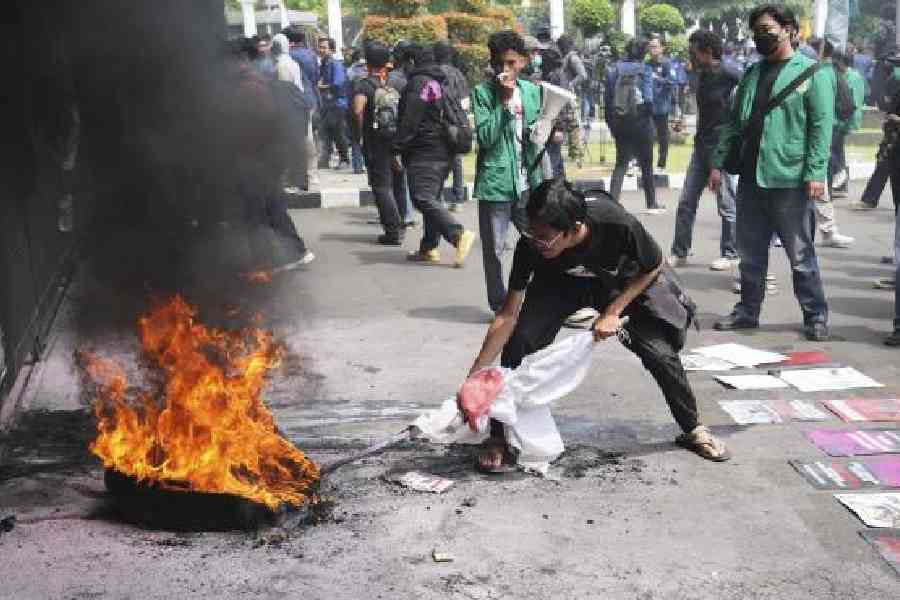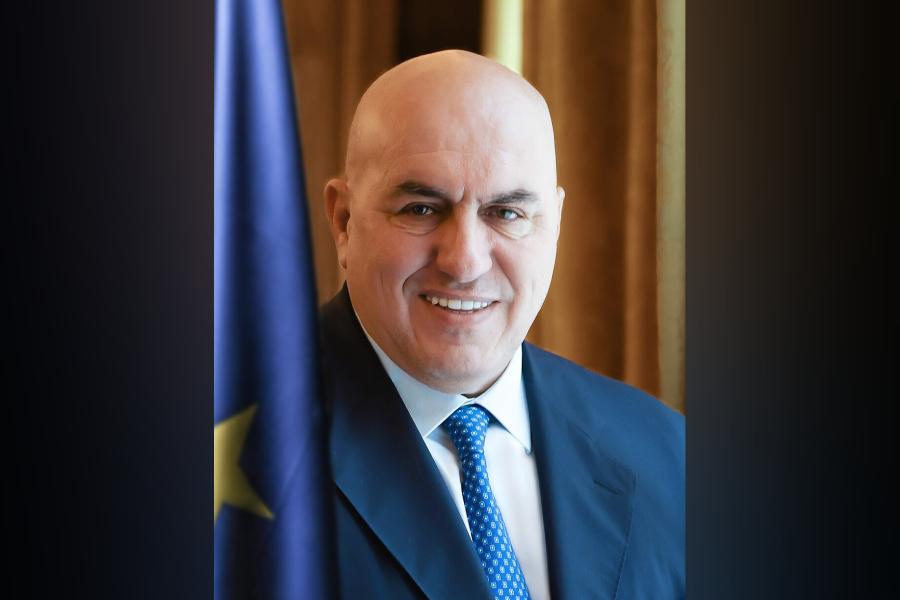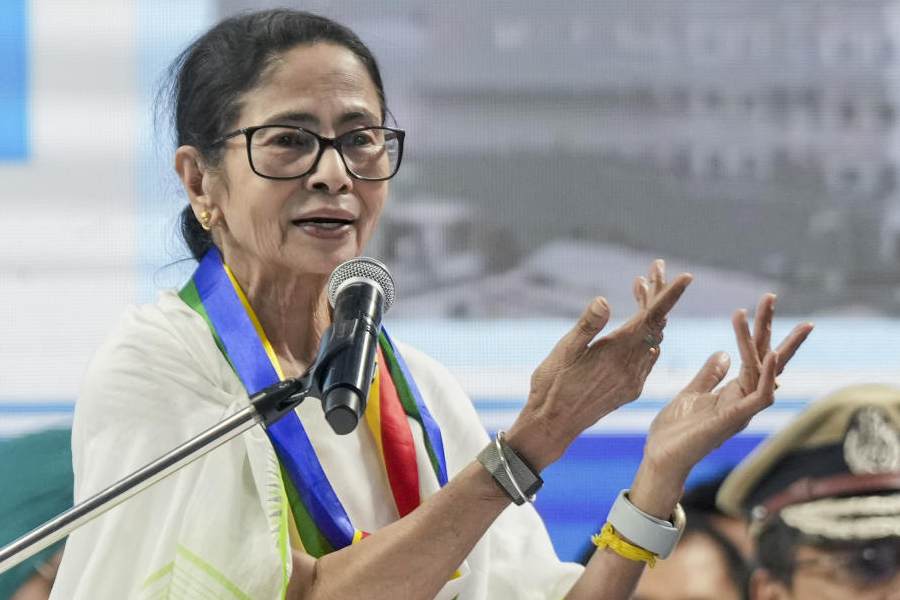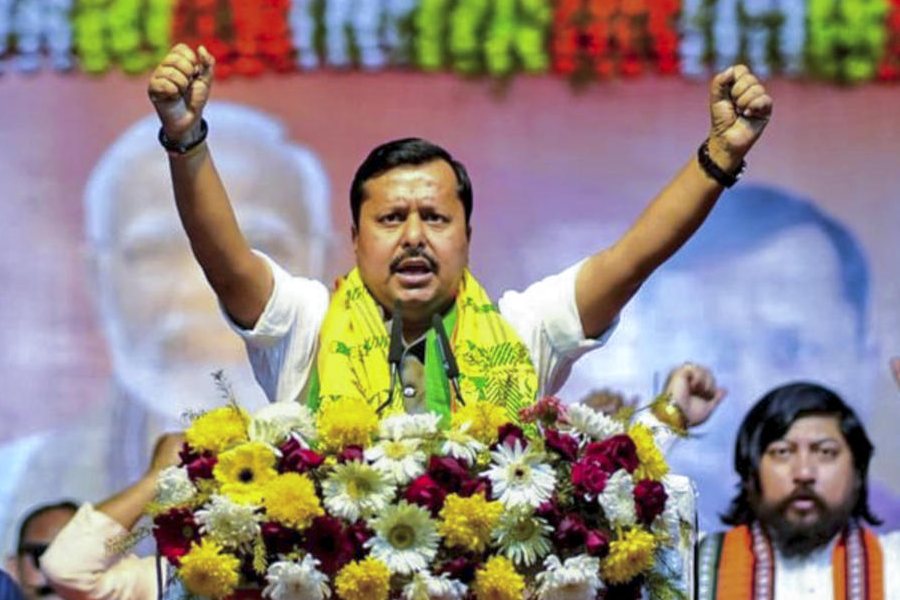Indonesia’s parliament on Thursday unanimously passed a controversial overhaul of a law that will allocate more civilian posts for military officers, defying student protests and raising fears of the erosion of freedoms in the world’s third-largest democracy.
The revisions were proposed by allies of President Prabowo Subianto, a feared former general who served under the dictator Suharto. The move sets up a potential showdown between the government and critics, who have warned for weeks that the amendments evoke Indonesia’s authoritarian past.
Prabowo won a landslide election victory last year with the backing of his predecessor, Joko Widodo. His ascent to power and his human rights record revived fears of the future of one of the world’s most vibrant democracies. In the late 1990s, he was discharged from the army after he was found responsible for the kidnapping of political dissidents.
The revisions, which have to be signed into law by Prabowo, clear the way for more military officers to fill civilian positions such as those in the attorney general’s office. The President has already expanded the role of the military in civilian functions, including in his flagship school lunch programme.
Puan Maharani, the speaker of the lower house who led the vote in a plenary session, said the revised law would remain “grounded in democratic values and principles, civilian supremacy, human rights”. In a speech, defence minister Sjafrie Sjamsoeddin said the amendments were necessary because the army has to transform “to face conventional and non-conventional threats”.
The government has said the current law, which was passed in 2004, is outdated. It barred the military’s presence in parliament and formally ended the so-called “dual function” practice that had allowed the armed forces to interfere in politics. Activists have accused Prabowo’s government of ramming the amendments through without proper consultation.
New York Times News Service











